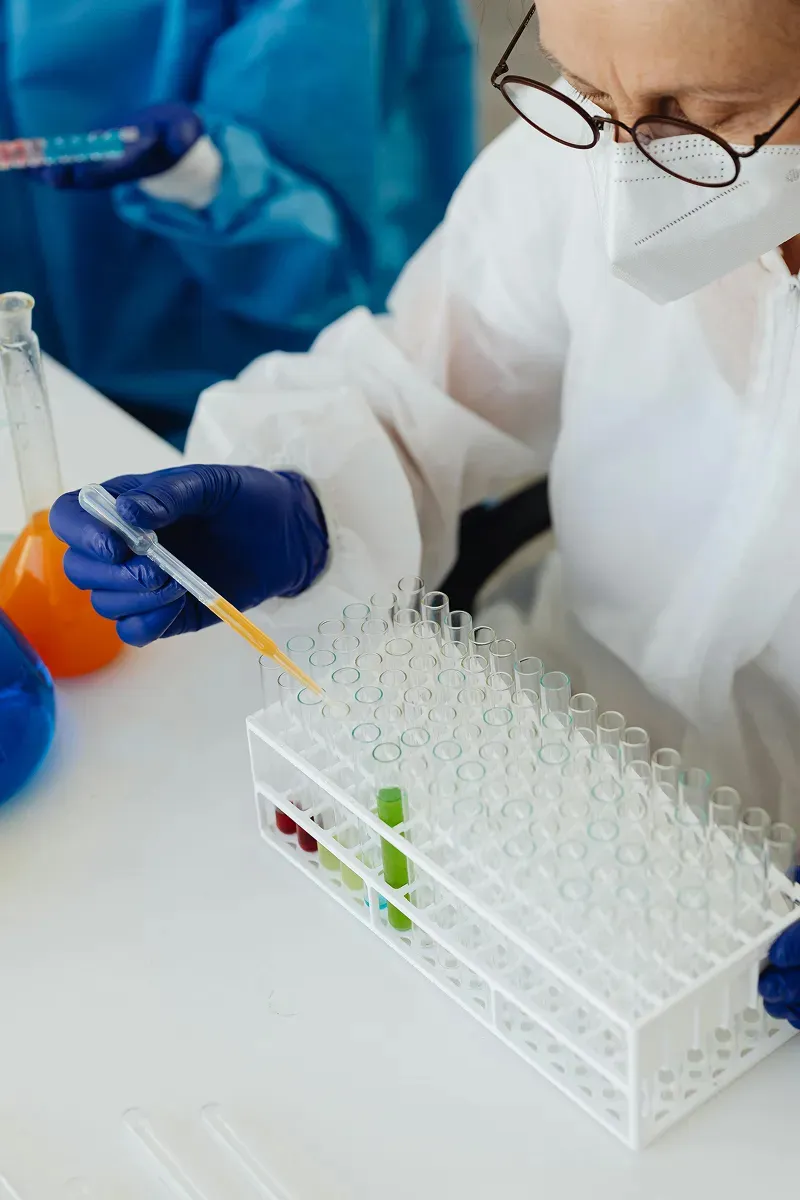News, Research, and Obesity Insights
Stay updated with the latest research, clinical trials, and insights on Retatrutide. Explore articles on weight loss, type 2 diabetes, obesity management, and emerging therapies.
Answers to Popular Questions
If you have any specific questions, feel free to reach out.
Retatrutide is a new experimental medication from the GLP-1/GIP/Glucagon agonist class, developed for the treatment of obesity and type 2 diabetes. It works by reducing appetite, slowing stomach emptying, and affecting hormones that regulate metabolism and body weight.
Retatrutide is intended for people with obesity or overweight, as well as those with type 2 diabetes. It is not yet officially approved and is currently available only in clinical trials.
In studies, participants lost up to 28.7% of their body weight over 48 to 72 weeks of treatment. Results depend on the dosage and individual response.
Retatrutide is primarily being developed for obesity, but it also benefits people with type 2 diabetes by regulating blood sugar.
Initial weight loss results are usually noticeable after 4–8 weeks. The most significant weight reduction typically occurs within the first 12–18 months of treatment.
As with other GLP-1 drugs, some weight regain is possible after discontinuation. Long-term therapy combined with lifestyle changes is recommended.
Early results suggest it is safe, but further research is needed. It is not yet available outside clinical studies.
Yes, it helps regulate blood sugar, insulin, appetite, and energy expenditure, improving overall metabolism.
FDA and EMA approval is expected during 2026–2027. For the latest information on approval status, follow official announcements from regulatory bodies.
Currently, it cannot be purchased – it is only available through clinical trials. Once approved, it will be available in pharmacies with a prescription.
Yes, once approved, it will only be available with a prescription under medical supervision.
.svg)


.webp)



.webp)